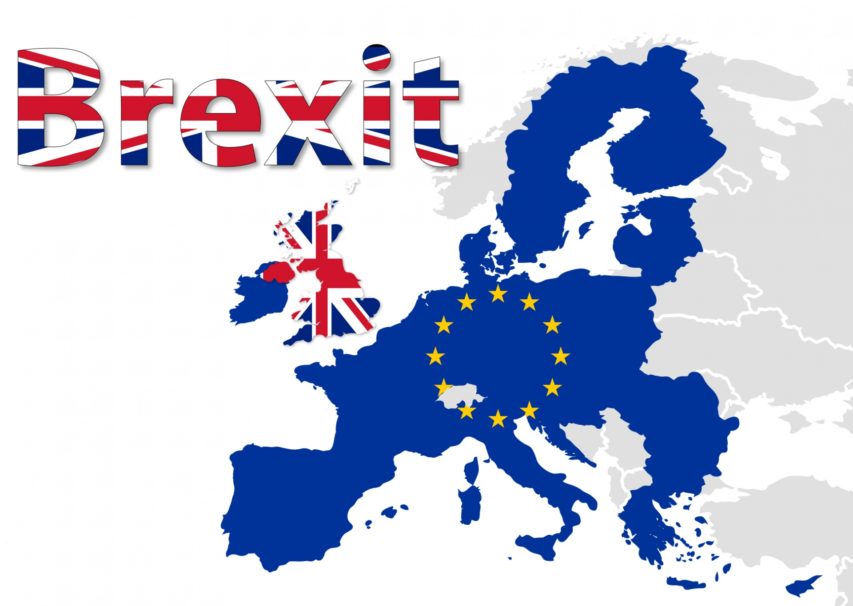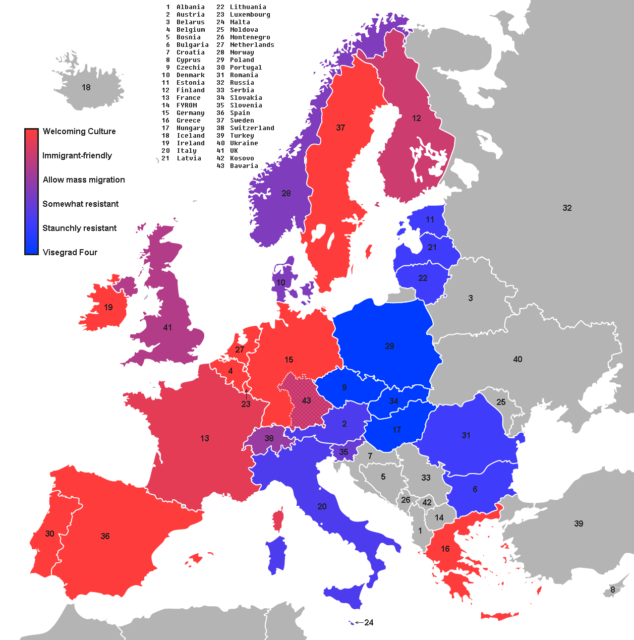Justin Raimondo on the plight French President Emmanuel Macron is facing:
The EU was a joint project of Euro-intellectuals who wanted a super-socialist State and were afraid Europeans might turn away from “Europe.” They sought to create an ersatz Euro-nationalism that has still only caught on among deracinated yuppies and oligarchs, if anyone at all. What they wanted and still want is what every true state has – an army. Which Macron has been agitating about for some time now. He doesn’t want to persuade Italy and Poland and Hungary to take more refugees – he wants to force them. Even more, he wants a reliable force to crush domestic protests, one that is unlikely to sympathize with the protesters.
Protests are everywhere: the media loves to cover them provided it’s the right cause – and one of the qualifying requirements of coverage should be drama. One would think therefore that the most recent and most violent would attract the media. Not so! We hear nothing about the twelve-week riots that have shaken the Macronist regime to its foundations.
But as the so-called Yellow Vests run roughshod in France – and all over the self-proclaimed “anti-nationalist” Macron – their origins, their ideology, their story remains untold.
French President Macron, a fanatic environmentalist, decided to revise the fuel tax code so that the small urban cars beloved by his circle had their tax reduced, while fuel for trucks and more industrial uses went up as much as 30%. It was a deliberate insult to the rural working poor who must drive long distances.
Macron went out of his way to convey his contempt for the rural voters who did not vote for him. The original reduction was actually intended for long-distance fuel, but Macron changed it around at the last minute to punish this use.
The French “Deplorables” reacted swiftly and not with the usual threat to strike: they simply started an insurrection. No preliminaries. They call themselves Yellow Vests referencing the safety vests required by French law of all motorists to signal emergency: yes, they declare: there IS an emergency going on!





